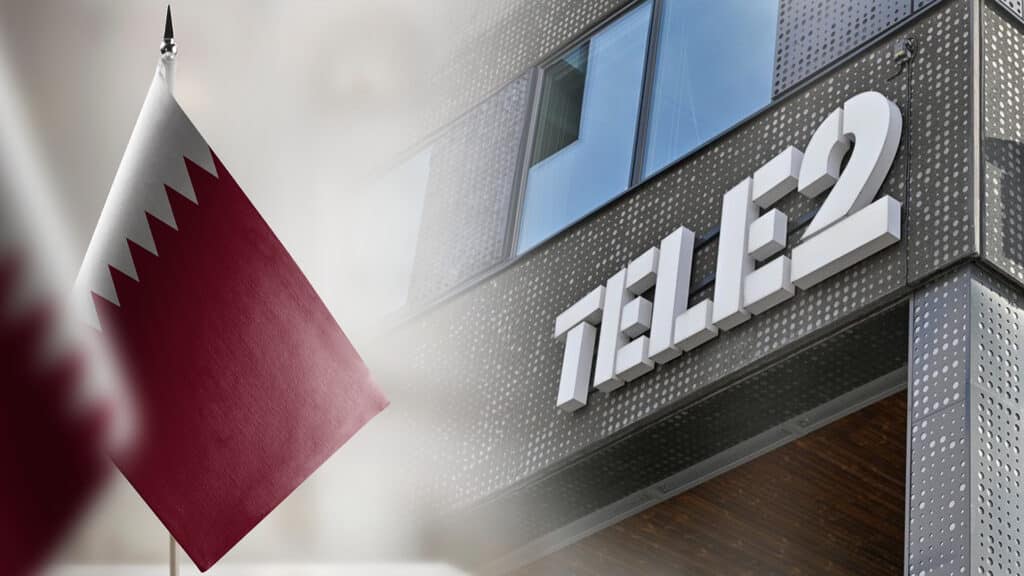Kazakhtelecom to sell Tele2 to Qatari investors by year-end

The sale of Mobile Telecom Service, which operates the Tele2 and Altel brands, to Qatar-based Power International Holding is set to be completed by the end of 2024, according to the Agency for Protection and Development of Competition (APDC).
«As part of the agreement between the government of the Republic of Kazakhstan and the government of the State of Qatar on establishing a long-term strategic partnership for Power International Holding’s acquisition of Mobile Telecom Service LLP, we intend to finalize the sale of the telecom operator to the Qatari investor by the end of the year,» the APDC stated.
Other agencies had previously indicated the same deadline. In late January, the Ministry of National Economy drafted a resolution to include Mobile Telecom Service in the privatization plan by 2025, suggesting that the deal should be completed this year. At that point, no potential buyers had been identified. Currently, Kazakhtelecom owns 100% of the operator’s shares.
A background note on the privatization of Mobile Telecom Service stated that the decision was driven by the need to stimulate economic growth and attract additional resources aimed at expanding and upgrading production. However, shortly before amending the privatization plan, analysts considered the sale of Kcell, also owned by Kazakhtelecom, a more likely outcome.
In February, Samruk-Kazyna announced that it had reached an agreement with Power International Holding to purchase 100% of Mobile Telecom Service. While the value of the deal was initially undisclosed, Minister of Digital Development Zhaslan Madiyev later revealed that it was valued at $1.1 billion. The deal with Power International Holding has been approved by both the board of directors and a general meeting of shareholders of Mobile Telecom Service.
The APDC and the Ministry of Digital Development were long vocal promoters of selling one of the two Kazakhstani mobile operators to a private owner, highlighting that Kazakhtelecom had a monopoly on both the landline and mobile communication markets, where it holds over 80% and 60% market share, respectively.

